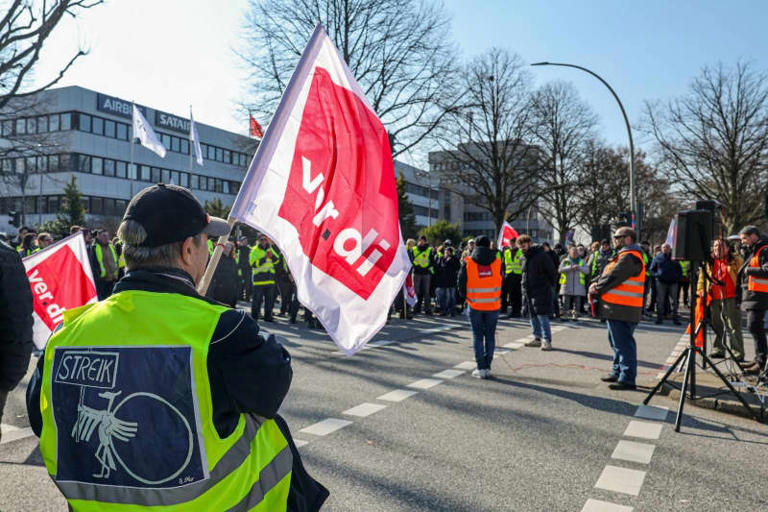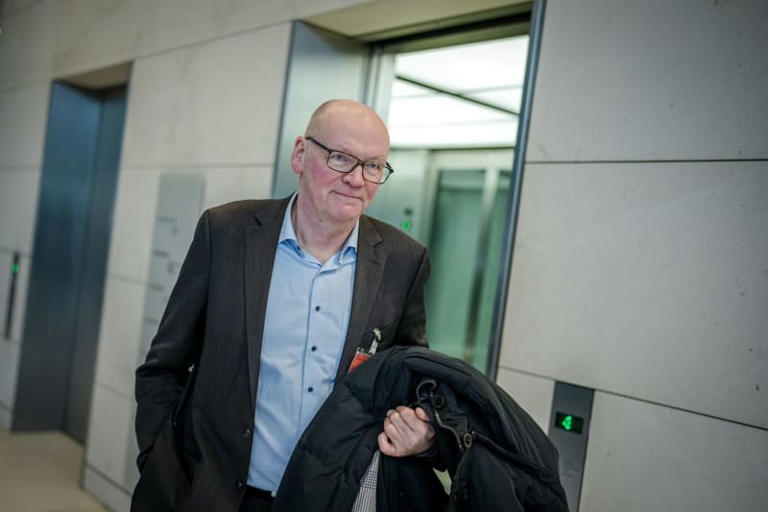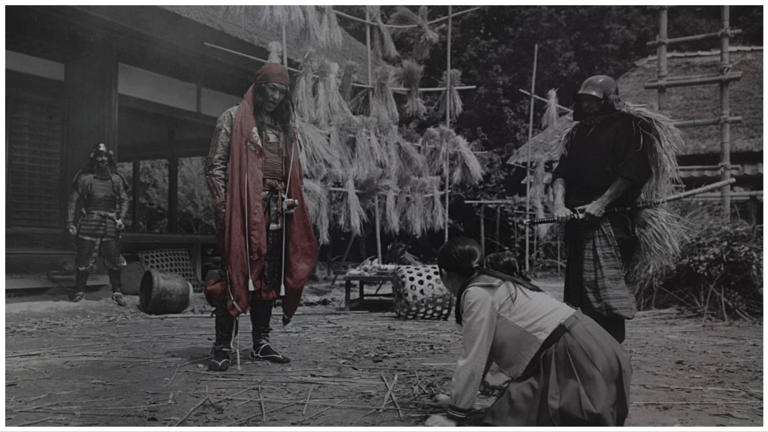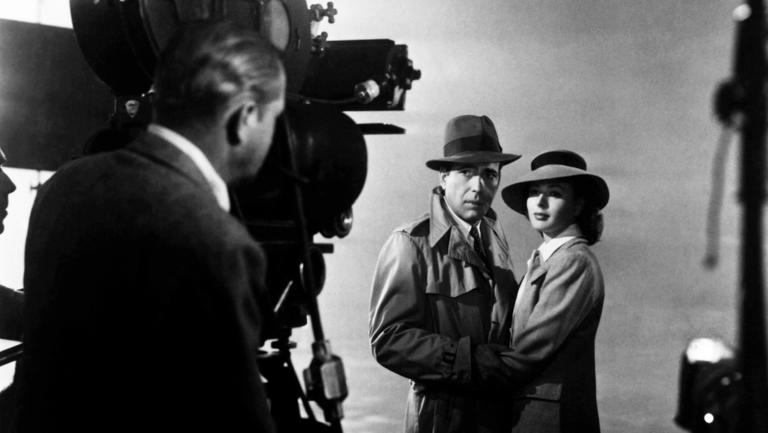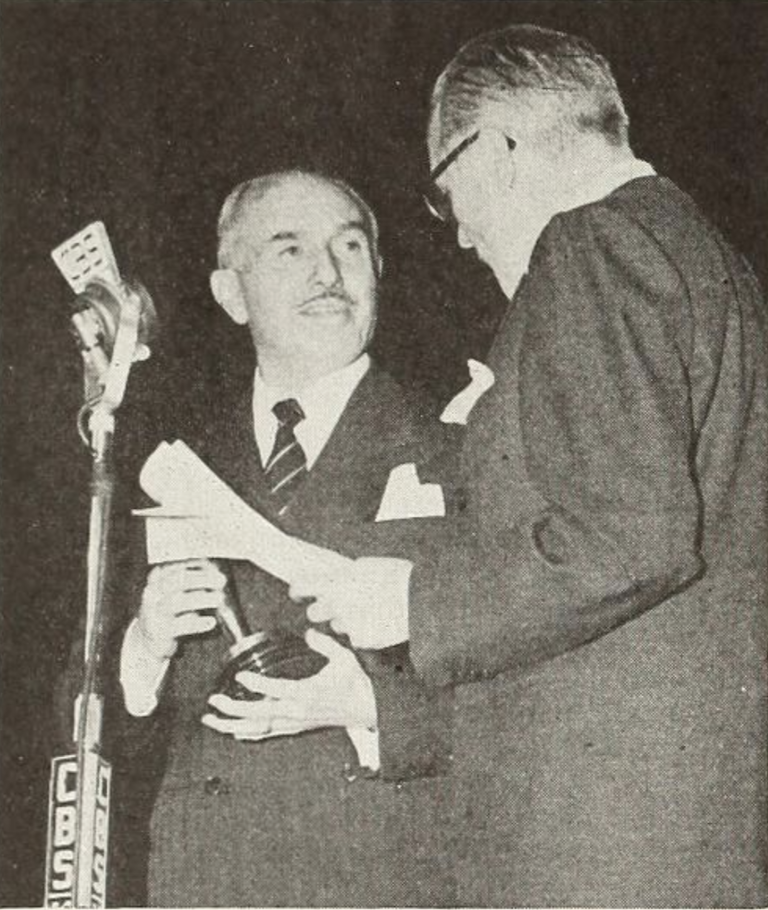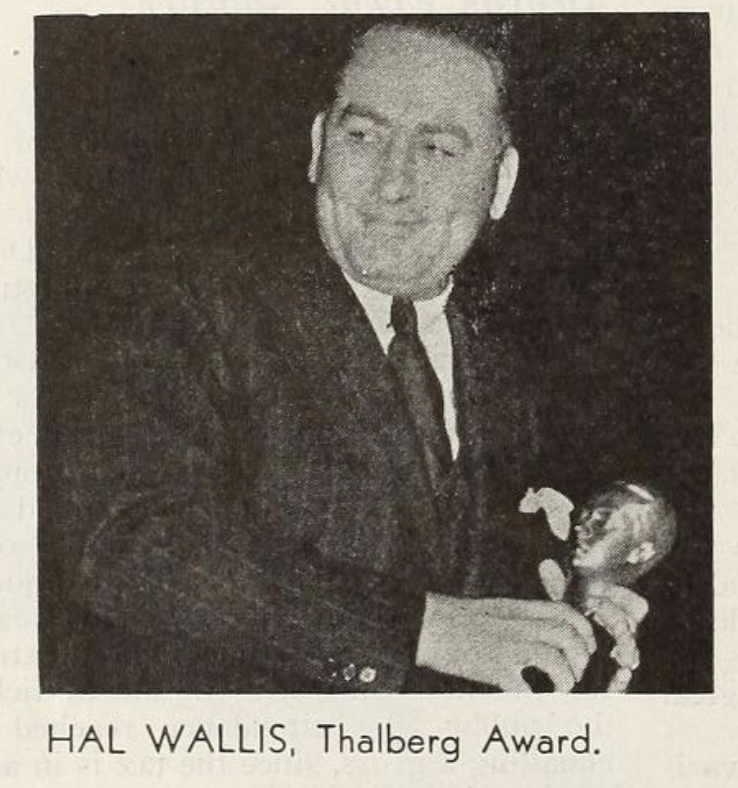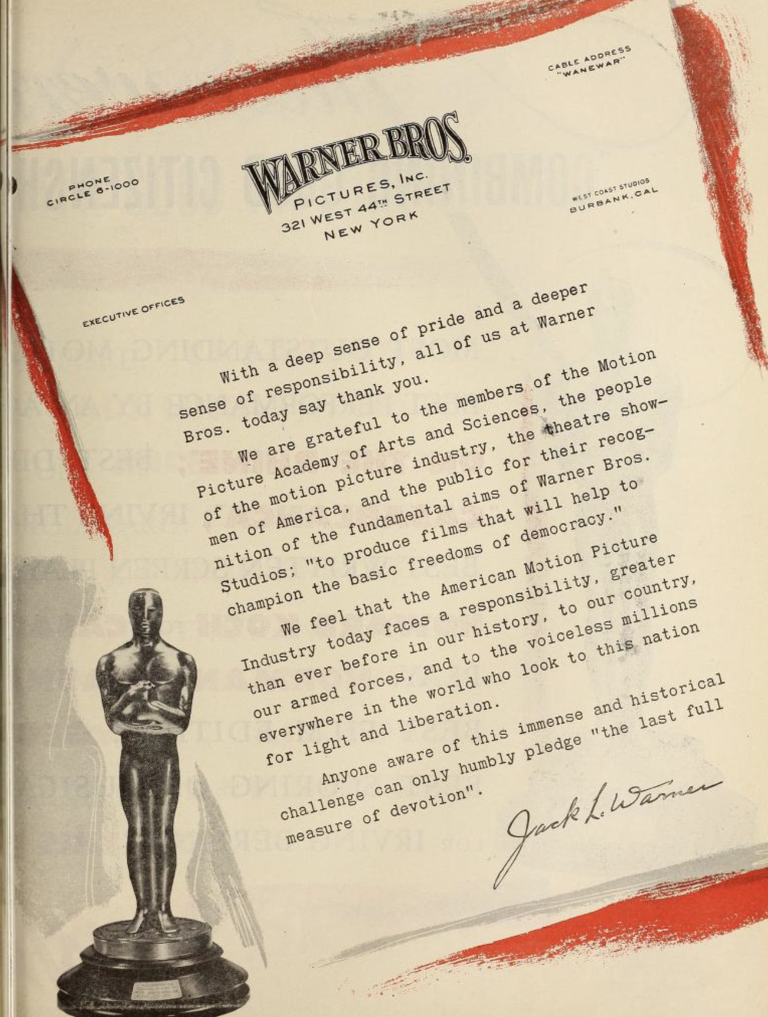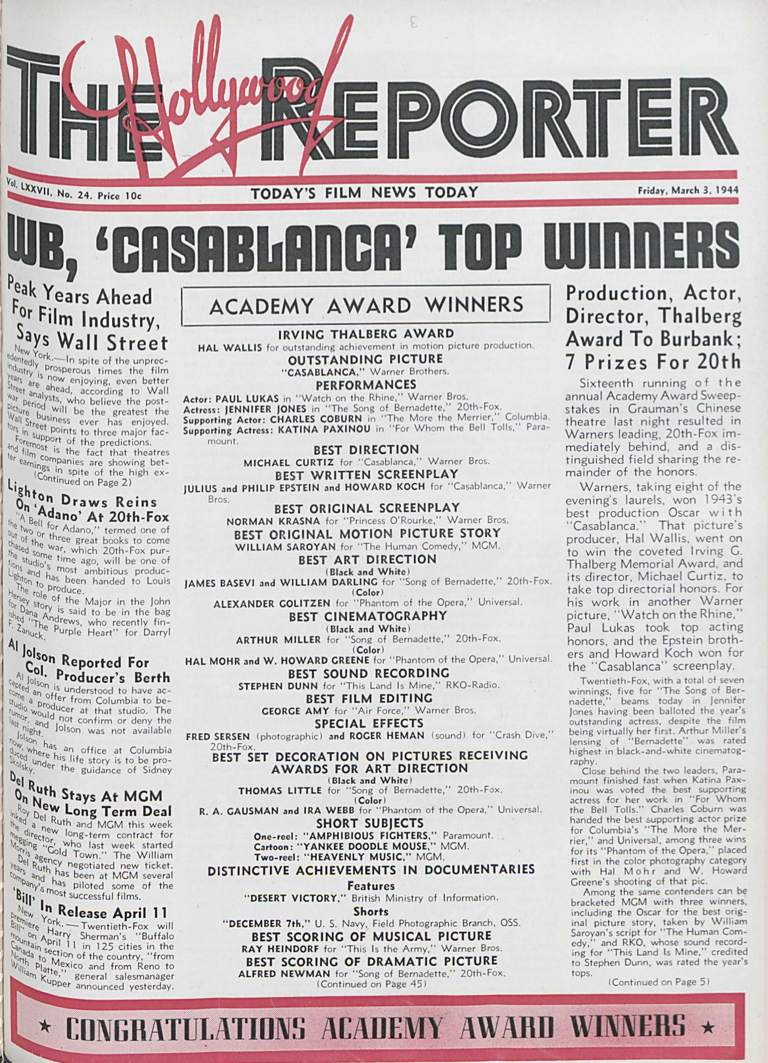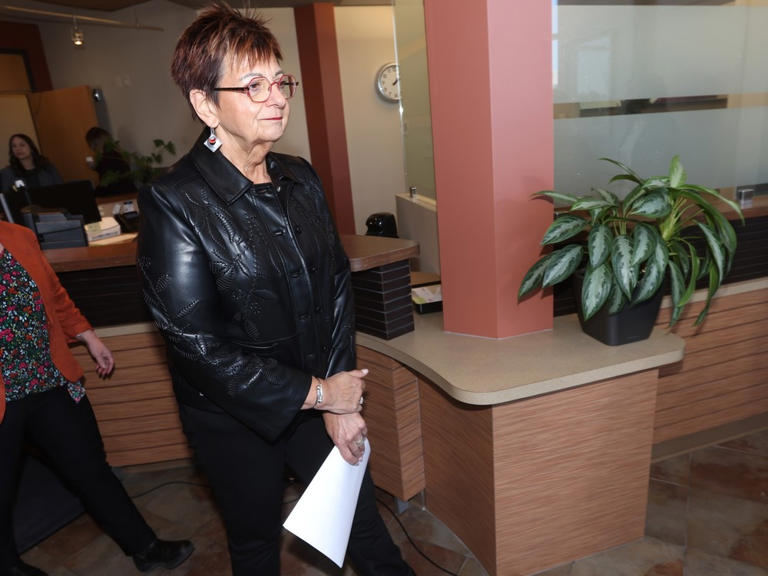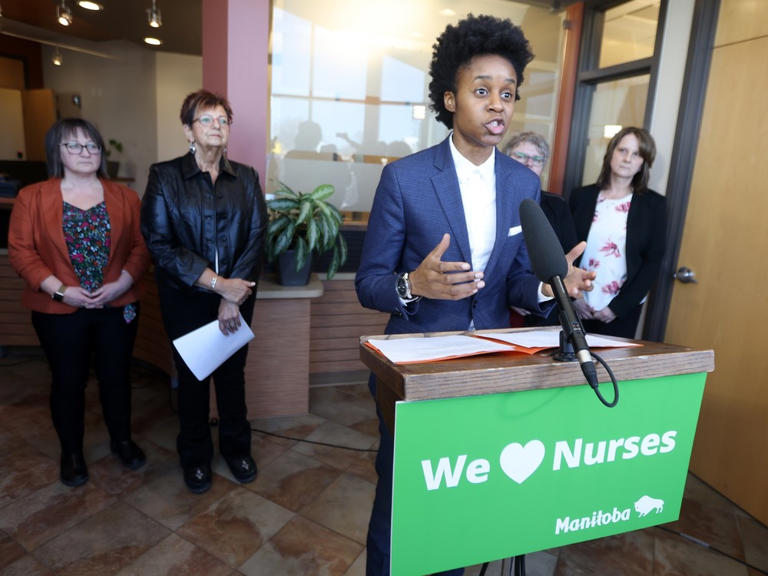Bring Back Corporate Pension Plans.
Seriously.
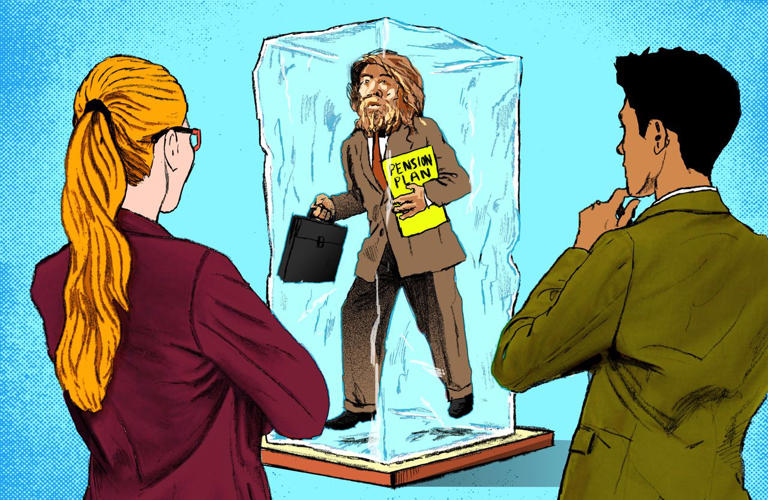
Bring Back Corporate Pension Plans. Seriously.© Ruth Gwily
It sounds like an idea frozen in time: Spend your career working at a company and then keep getting checks for the rest of your life. Now rising interest rates could help thaw the traditional corporate pension plan.
Forty years ago, 88% of Americans had retirement coverage from defined-benefit plans, according to the Center for Retirement Research at Boston College. These are the classic pension plans in which employers make the contributions and promise a payout, taking on the risk of having earned enough to cover those payments over retirees’ expected lifetimes.
But by 2019, that was down to just 28%. While defined-benefit plans remain common for many state and local government workers, only 11% of employees in private industry were participating in one as of March 2022, according to the U.S. Bureau of Labor Statistics.
Instead, two-thirds of private employees now have access to defined-contribution plans in which they contribute to a retirement account such as a 401(k) and assume the risks of growing that portfolio. Defined-contribution plans have become a bedrock of the modern financial-services industry with more than $10 trillion in assets, according to the Investment Company Institute.
Meanwhile, many old pension plans have been sold off to insurance companies and transformed into annuities with their own fee streams. It is unlikely that many chief financial officers are eager to take back all of the risks of retirement back from their workers.
Still, some private workers might pine for a more old-fashioned retirement guarantee, as many families simply haven’t built up worry-free cushions on their own. The median value of retirement account for people 55 to 64 was just $185,000 as of 2022, according to the Federal Reserve’s Survey of Consumer Finances. Counting on Washington to ensure that Social Security will be there in its current form is hardly reassuring with its main old-age trust fund set to be depleted in 10 years, according to its trustees.
Even daydreaming about old corporate pension plans might have seemed pointless for a long time. Earlier this century, market disasters like the dot-com bust and the 2008 financial crisis contributed to a big funding problem. In 2000, the top 100 U.S. corporate pensions had assets representing 123% of their liabilities, according to J.P. Morgan Asset Management. That dropped to 82% in 2002 rose back to full funding in 2007, then hit a low of 77% in 2012. During those years many sponsors moved to freeze their plans from adding new benefits as they tried to climb out of those holes.
But now that conversation can at least start again. After some years of strong market returns, plus a surge in interest rates, the baseline for corporate pension funds has changed: Many of those funding gaps have closed. The top 100 corporate plans last year returned to better-than fully-funded status, at 103%, according to J.P. Morgan.
A big reason is that the Federal Reserve’s interest-rate hikes have made pensions’ future obligations cheaper—or in financial parlance, raised the rate at which their liabilities are discounted to present values. Assuming the current pension discount rate is maintained, actuarial and consulting firm Milliman projected a $60 billion surplus, or a funded ratio of 105%, by the end of 2024 for its index of the 100 largest defined-benefit pension plans sponsored by U.S. public companies.
Rising rates open up entirely new possibilities for those frozen plans, and even new plans. Higher bond yields have a big impact on the cost of adding new beneficiaries, as benchmark corporate bond interest rates help determine pensions’ discount rate. During the period of superlow interest rates after the start of the Covid-19 pandemic, around mid-2020, it would have cost about $1.2 million in today’s dollars to provide a $100,000 annual retirement annuity to a 45-year-old, according to calculations by J.P. Morgan. At the recent discount rate calculated by Milliman, it would cost around half a million.
There were also provisions in the 2021 American Rescue Plan Act and Infrastructure Investment and Jobs Act that will help lower the minimum cash funding requirements for plans, according to Zorast Wadia, principal and consulting actuary at Milliman. “These were game-changers for pension plans,” he says.
What it costs to offer a pension benefit can also be considered against the wider context of rising workforce expenses. Some companies have struggled to attract and retain workers over time.
“This is a conversation I’ve had more in the last year or two than in the prior decade,” says Jonathan Price, national retirement practice leader at benefits consulting firm Segal.
Defined-benefit pensions could be a powerful tool for retention, at least for people who might consider staying with the same employer for years. Workers who expect to hop between jobs may prefer the flexibility to change employers without worrying about their retirement benefits.
Meanwhile, 401(k)s are hardly free. J.P. Morgan calculates that the employer portion of defined-contribution plans, like matching, have risen at a compound rate of 5.9% since 1993, reaching $160 billion in 2020.
“A modern employer cannot escape the responsibility of providing retirement benefits,” says Jared Gross, head of institutional portfolio strategy at J.P. Morgan Asset Management. “But it can choose to deliver those benefits in the most cost effective way.” His opening keynote at the National Institute on Retirement Security’s annual meeting in February was titled, “Is It Time to Reopen Pension Plans?”
There are also ways for companies to share some of the potential costs of defined-benefit plans with workers. “Dinosaur” corporate plans that have payouts based on an employee’s highest wages might not come back, says Milliman’s Wadia. But there are hybrid plans that do things like shift some market risk to employees’ benefits, he says.
The return of the T. rex is science fiction. The corporate pension plan doesn’t have to be.
Write to Telis Demos at Telis.Demos@wsj.com

